East Coast Recovery Center is one of the best alcohol rehab centers in the Boston area. We offer customized substance abuse treatment to help people overcome addiction and regain complete control over their lives. If you or someone you love has been battling alcohol abuse, we can help.
Seeking addiction treatment for alcohol abuse takes tremendous courage and bravery. If you’re considering getting help, you’ve already taken the biggest step towards sobriety. Call East Coast Recovery Center today to speak to an addiction expert who specializes in alcohol addiction. Read on to find out critical information about alcohol abuse and learn about our available treatment options.
At East Coast Recovery, we tailor treatment programs, including length of care, to fit your individual wants and needs. Every addiction has its own unique treatment protocol. When choosing a program, you should focus on what will give you the best chance of long-term success. Most people struggling with addiction require at least three months of treatment to get clean and establish a foundation for continued rehabilitation. Research indicates that the best outcomes occur due to longer treatment durations. Longer treatment programs may initially seem intimidating, but they often yield the best outcomes.

Treatment for alcohol addiction at East Coast Recovery involves multiple evidence-based therapeutic components. The main one is behavioral therapy. People with an alcohol abuse problem can benefit from group or individual therapy to better understand their urges and avoid pitfalls. A person who understands what triggers their behavior can then work to develop effective strategies to avoid those triggers. Common therapies utilized include:
People can learn to interrupt the responses and substitute more positive behaviors for those that involve alcohol by recognizing their thought patterns and behavioral responses with this type of evidence-based treatment.
Individuals who have been through trauma can learn to recognize the connection between their behaviors and experiences and abstain from consuming alcohol.
Having a social network and other support structures that moderate depression, loneliness, and other addictive behavior emotional drivers can help one resist relapse.
Non-traditional therapy modalities are used in experiential therapy. Experiential therapy includes animal therapy, wilderness therapy, adventure therapy, music, art, yoga, and other indoor techniques. Experiential therapies allow clients to express themselves in new, non-verbal ways.

Many individuals opt out of treatment for fear of it being expensive and unaffordable. However, long-term drug and alcohol rehabilitation is less pricey than addiction. Individuals struggling with addiction are more likely to miss work and change jobs than sober individuals, leading to reduced income. Drugs and legal problems, health issues, and lost labor productivity are expensive. All of these add up over time.
Under the Affordable Care Act, addiction treatment services must be at least partially covered by insurance providers, and insurance is one of the most common ways to pay for alcohol rehab. The insurance coverage amount varies depending on the insurer and what the treatment center accepts.
It is crucial to view addiction rehab as an investment rather than a liability. Over time, it pays off. Getting sober gives people the tools to get their lives and careers back on track. Because recovered addicts are no longer spending money on drugs or alcohol, they will be able to save more.
Different treatment programs and levels of care also have different costs. Inpatient rehab or residential treatment, for example, may cost more than outpatient treatment because it includes the cost of room and board. Outpatient services may be more cost-effective if suitable for your treatment needs.
If you are interested in learning how treatment at our dual diagnosis treatment in Massachusetts will be covered, contact us for a free insurance verification. Our admissions staff members will be happy to review health insurance plan details with you.
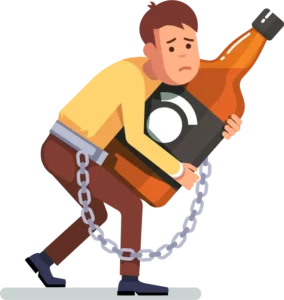
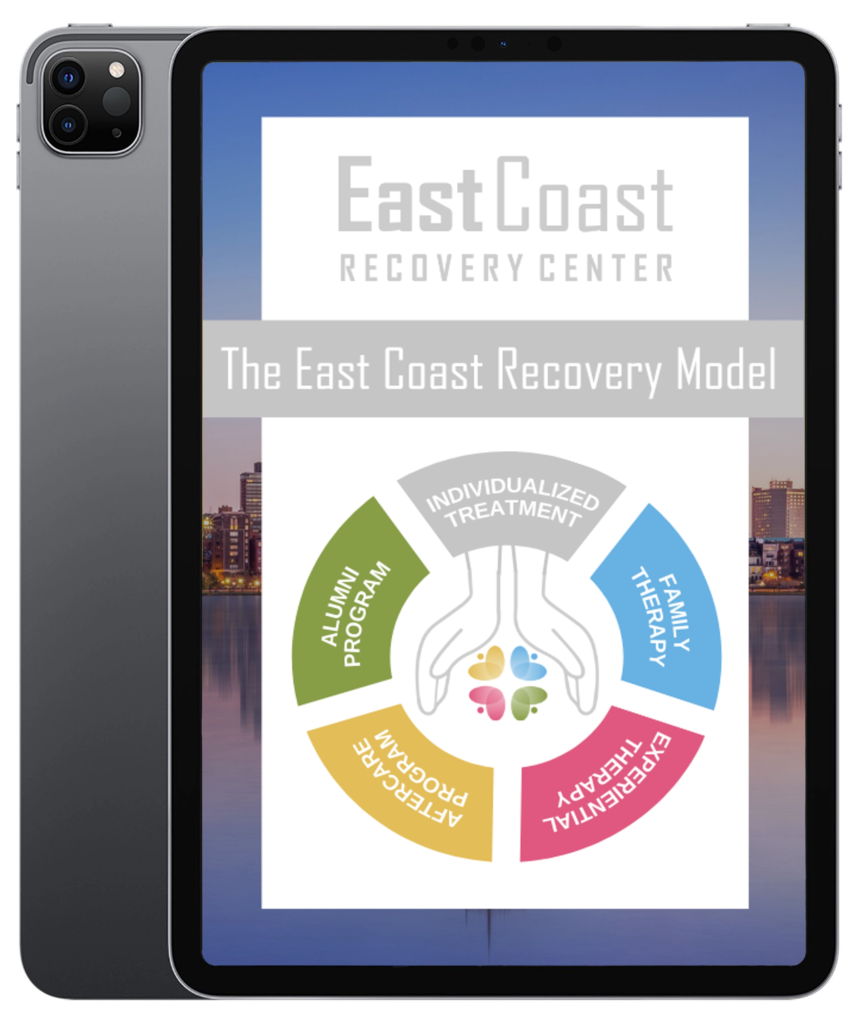
Download Our FREE East Coast Recovery Model eBook
Initiating the treatment process involves reaching out to the treatment facility, where an admissions representative will guide you through a telephone conversation, collecting essential personal details and substance use disorder history. Mental health conditions, co-existing conditions, socio-economic factors, and other unique needs for treatment are also assessed. Upon arrival at the clinic, an extensive intake procedure, encompassing medical and mental health evaluations, shapes a tailored treatment plan to enhance the likelihood of successful addiction recovery. Swift initiation of treatment is recommended to improve completion rates and minimize uncertainties associated with rehabilitation.
If you dig beneath the surface of Boston, you will find one of the greatest cities in America. The capital of Massachusetts is famous for its baked beans, Fenway Park, the Boston Marathon, and, of course, the bar from Cheers, but there are many other things you will love about this area. It repeatedly tops the list of the best places in the United States, including the top ten healthiest cities according to the American Fitness Index. Therefore, it is no surprise that Boston is a top choice when it comes to receiving treatment for alcohol addiction.
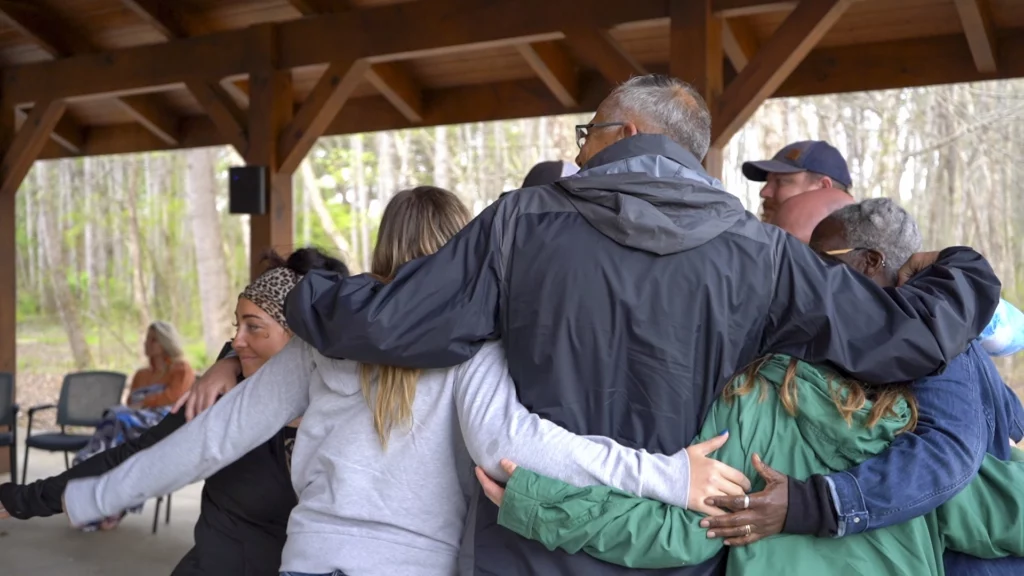
Alcohol abuse is the third-leading cause of preventable death in the United States, behind tobacco and heart disease. Despite alcohol being perfectly legal, it poses a significant risk to public health due to its potential for abuse. It acts as a social lubricant in small quantities, causing minor intoxication, loss of inhibition, mild euphoria, and impaired cognition. However, for a percentage of the population, alcohol can be deadly.
Facts: In Cohasset, MA, and the surrounding area, there has been a consistent increase in alcohol addiction and its related consequences over the past decade. Covid-19 amplified those numbers nearly ten-fold. East Coast Recovery Center knows the ravishing effects alcohol can have on you and your loved ones. Walk the path with us today – don’t be a statistic in Massachusetts anymore!
While most people will not develop an unhealthy relationship with alcohol, those with a specific mix of genetic, environmental, and behavioral factors can develop an addiction. This is where cravings to use alcohol and get drunk are placed irrationally high on a person’s list of priorities. Even when they know their life is negatively impacted by alcohol use, they can’t stop doing it, and they may face withdrawal symptoms when they try to quit.
It’s important to understand that addiction doesn’t occur because the individual chooses it or lacks the self-control to prevent it. Some people are predisposed to substance abuse disorders through no fault of their own and must work harder than others to avoid drug and alcohol abuse and stay sober. For these individuals, abstinence is usually the safest and most effective route to freedom from alcohol and drug use disorders.
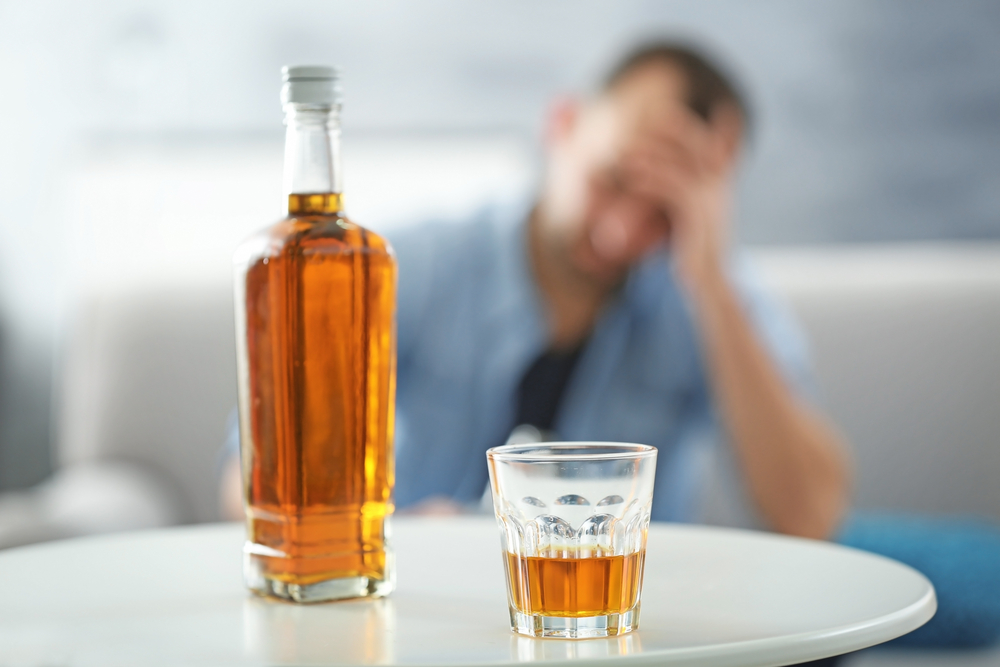
The only thing more frustrating than trying to figure out when you or a loved one becomes an alcoholic is knowing that there are steps we can take before the addiction takes hold. Many people in their early 20s drink excessively, but most grow out of this phase by middle age, which means it’s time for some serious self-reflection if these behaviors don’t change soon!
The most important distinction to make between addiction and enjoyment is this: If drinking doesn’t negatively impact your life in any way and you’re entirely in control of your intake, you’re probably not addicted. On the other hand, if your relationships, job, finances, or ability to meet your goals is impeded and you find yourself drinking more than you intended or drinking when you told yourself you wouldn’t, you might need help.
To understand when you have developed an alcohol addiction, it’s important to know the physical, psychological, and behavioral symptoms. These symptoms may include the following:
Weight gain or weight loss unrelated to diet
Poor personal hygiene and decreased self-care
Injuries or illnesses as a result of drinking, e.g., falls or liver failure
Breath that smells of alcohol
Bins full of empty alcohol bottles or a mess of empties in the home
Frequently seeming intoxicated, e.g., slurring, stumbling, and lack of coordination
Drinking increasing amounts of alcohol to get the same effects
Spending an inordinate amount of time and money getting and using alcohol
Spending a large amount of time recovering from the effects of alcohol
Delusions and irrational thinking, particularly during inebriation or withdrawal
Anxiety and paranoia
Attention, memory, and cognitive problems
Aggression, anger, and irritability
Being defensive and argumentative
Neglecting responsibilities
Mood swings
Problems at work or school
Decreased athletic performance
Change of social groups to incorporate drinking and partying more
Spending less time around friends
Withdrawing socially
Not following through with plans
Lying and deceiving others
Stealing
Getting into conflicts with people
If you notice these signs in yourself or a loved one, know that lasting recovery from addiction is possible. Our alcohol rehab facility in Boston, MA, can help. Our compassionate clinicians will support you through the recovery process and help you develop the tools needed for long-term sobriety and wellness.
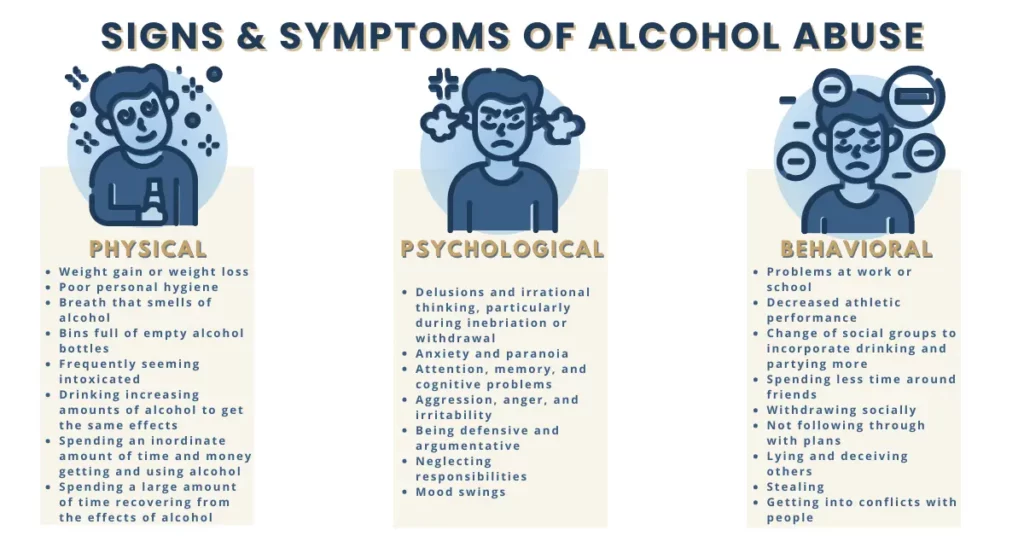
Massachusetts ranks highest among all states regarding the frequency of underage drinking. The continuation of excessive alcohol consumption into adulthood is one result of prevalent underage drinking. In Massachusetts, 21% of adults consume alcohol excessively regularly, which is 4% higher than the national average. Excessive alcohol consumption is both costly and risky. It may result in long-term health problems in addition to addiction.
From hiking a trail at Whitney and Thayer Woods to relaxing with a good book at Sandy Beach to shopping local boutiques in Cohasset Village, there is plenty of fun in Cohasset, but sometimes fun is overridden by addiction. At East Coast Recovery Center, we are experts in guiding people along their recovery journey.
We look at various factors, including availability and budget, as well as age or unique experiences that may make one more likely than another for specific types of treatment. For instance, an older individual who has been addicted longer term might need more oversight because they have ingrained behaviors that will take longer to change. Getting and staying free of the addiction is a process that one needs to practice patience and be willing to change all behaviors that keep us in active addiction.

Our partial day treatment in Cohasset is designed for individuals needing support and early recovery accountability. A support system is vital to sustaining long-term recovery, and in an outpatient setting, one can strengthen or gain the needed support system. A partial day treatment program works around the addicted person’s schedule. It allows them to continue working, attending school, or participating in extracurricular activities such as sports while getting the treatment needed. This type of outpatient treatment is one step down from day treatment due to its flexibility. Clients can meet during the day or at night as their schedule allows.
Partial day treatment usually involves around 12 hours a week of treatment, including counseling services, family counseling, support groups, and other outpatient treatments. However, each program is tailored to address specific needs.
A typical day in East Coast Recovery’s partial day treatment involves meeting with support staff, therapists, and peers. During addiction treatment, the clients learn the necessary skills to obtain or keep a job, find the meaning of life through personal discovery, socialize and connect with others going through similar recovery, address the causes of the addiction, and learn how to build and maintain healthy relationships. This partial day addiction treatment also includes help in repairing relationships that might have been destroyed or damaged during the addiction process.
Our day treatment is recommended for those who need to address substance abuse and co-occurring disorders such as anxiety and depression in a single treatment program. The day treatment program offered by East Coast Recovery Center is generally a more structured addiction treatment. It takes place several hours a day, five days per week, and it addresses addiction triggers while helping with behavioral health and mental health issues surrounding addiction.
A typical day in day treatment consists of individual and group therapy, education, skill-building activities, and frequent mental health and recovery evaluations that a licensed mental health professional must perform in a mental health facility. The exact length of time in a day treatment program varies depending on the person, but the goal is to ensure the client has reached treatment goals.
After treatment and recovery, a client does not leave the facility and considers everything finished. The process of recovery typically requires many phases and stages. Aftercare is an integral component of rehabilitation, and people with substance use or mental health issues often require ongoing therapy after completing a treatment program. Every person is unique, so selecting the right aftercare program for yourself is critical.
Aftercare services are available in various forms, including 12-step meetings, outpatient care, individual and family counseling, and sober living homes. At East Coast Recovery, our Aftercare program provides our clients with resources to maintain sobriety and work on positive coping skills when faced with triggers and stressors.
One of the greatest advantages of Alcoholics Anonymous (AA) and similar support groups is that they allow people struggling with alcohol and substance abuse to connect with others experiencing similar situations and receive the motivation to continue their sobriety journey. You can find AA groups in Boston by checking the meeting finder on the AA website.
At our addiction treatment program in the greater Boston area, you’ll learn new coping skills, understand what motivates and triggers you, and discover what drives drug or alcohol addiction. Contact our addiction treatment center in Massachusetts today for professional treatment advice or to book your place in our alcohol rehab programs. In addition, we work with multiple insurance companies, so make sure to ask about how your insurance may cover your addiction treatment.










